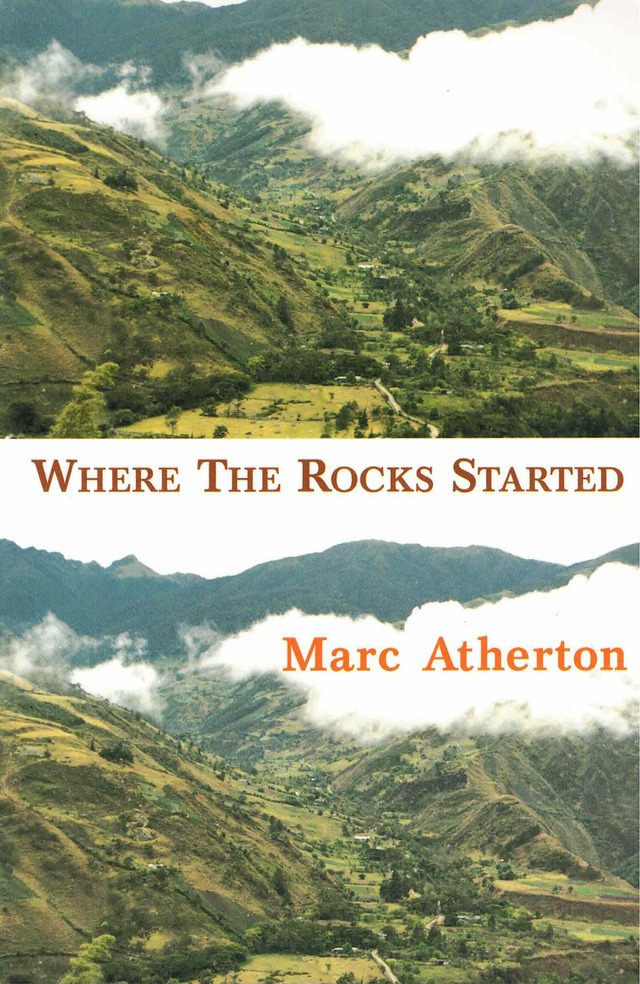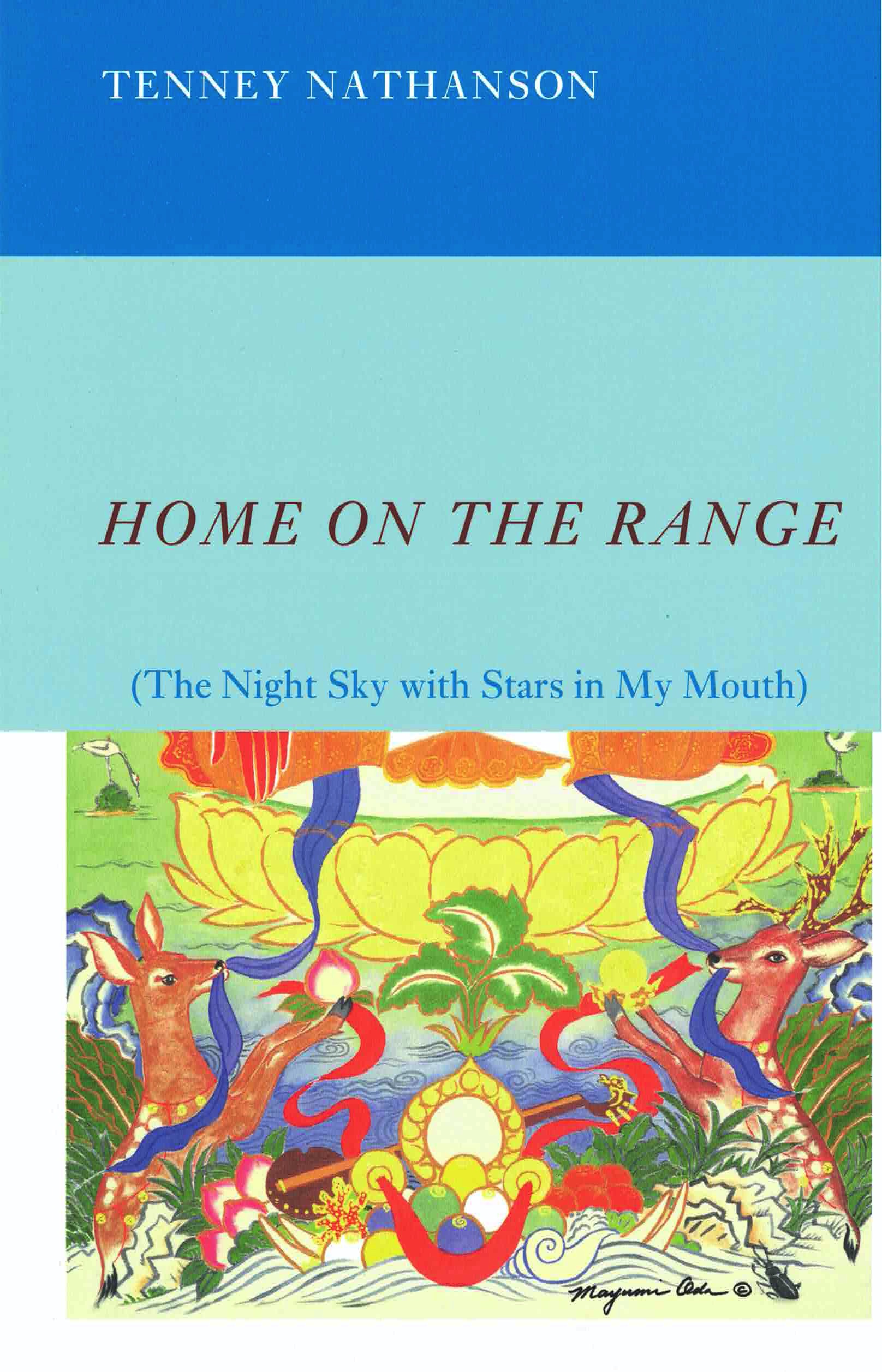A young man and his friend embark on a trip to Columbia, a country immersed in a civil war. They soon make friends there and become deeply involved in their friends’ lives, while their own lives change as they are confronted with the violence, despair, and corruption hidden everywhere. But they also discover another essential element of life in a war zone: the extreme passion and love that illuminate and drive the people they meet. The narrator weaves the turmoil of the political landscape with the turbulence of his intimate relationships to his travel companion and friends. The result is an extraordinary novel—Marc Atherton’s first and only novel, a poignant tale that he was unable to survive. He died six months after finishing this masterpiece.
Marc Atherton
Praise for Where the Rocks Started
Atherton’s tale ceases being a mere touristic view of a troubled South American country (though on that level the quality of the writing maintains a high level of interest) and becomes—with one very casual gesture—deeply involved with several of its citizens. At this juncture the book becomes a journey of the spirit, a psychological landscape thick with hidden conflicts, stealthy maneuvers, lush contradictions, and deadly games… There is a scene early in the novel that captures the level of oppression and its psychological repercussions with masterful subtlety and compelling detail, an astonishing achievement for someone so young… [Atherton] makes it poignantly evident that it is not so much our ideologies that endanger our well-being, but life itself that is inherently subversive.
— John Olson, Rain Taxi
The story is about links between people who are caught in a landscape of uncertainties, about jerky, always incomplete, communication, the insistent and always deferred need for reaching the “other,” the yearning for the ever-escaping resolution of war, of love. Love, in this context, in this novel, does exist, intensely, but it’s shared and not shared, has no future, a reality submitted to the same laws as the land’s… It is amazing to see how a young American born in San Francisco, and who has lived mostly in Paris, has taken a (probably initiatory) journey into the chaos of Columbia and written a remarkable Latin American novel that once can place among the best.
— Etel Adnan, from the Foreword




